Christianity’s American Fate
by Dan Severson
American culture, politics, and economics developed largely under the influence of Protestantism. Three factors made America unique in the Christian world. First, Protestantism in America consisted largely of dissenters to the state church in Europe. Secondly, because there were large variety of dissenters, it was necessary to inscribe a separation of church and state in our constitution, thereby maintaining freedom of each church to worship as it pleased. Thirdly, America is a country of immigrants.
When immigrants arrived in the United States, these folks founded ethnic churches. These churches became the centers of community life and their values shaped American culture and politics. Historically, this is how so called “mainline Protestantism” developed into such an influential force in American history. The churches that fall into this category include Presbyterians, Methodists, Baptists, Episcopalians, Lutherans, Congregationalists, and several other groups. Catholic immigrants tended to do the same. When waves of immigrants came from Catholic countries such as Poland, Ireland, and Italy, they formed ethnic parishes.
This need for belonging and intimacy with something larger than one’s extended family also let to many schisms into smaller groups. Presbyterians and Baptists separated into northern and southern synods over the conflict regarding slavery, and further separated into conservative and progressive groups.
The roots of Evangelicalism can be traced back to the western migration. In order to spread the gospel in these new settlements, consisting mostly of small farms, evangelistic preachers travelled throughout these areas and sponsored evangelistic meetings. In this way, new churches were established on the frontier. At this time, many Americans were staunchly independent, valuing self-reliance and freedom. They were suspicious of authority, especially government, and held more allegiance to their states than the federal government. In this culture, religion didn’t have anything to do with politics or social issues. Religion was responsible for teaching moral behavior and the eternal destiny of the soul. The thrust of evangelical movements was morality and personal salvation, not social activism.
Conversely, the mainline Protestant churches were committed to making the world a better place. They tended to be progressive in their politics and involved in social issues. In the following classes in this series, we will look at the factors that influenced this division.


